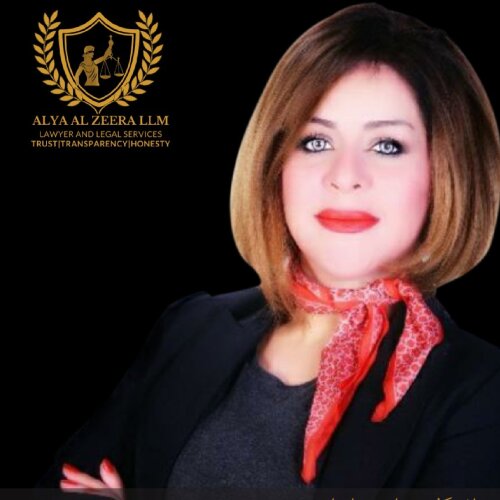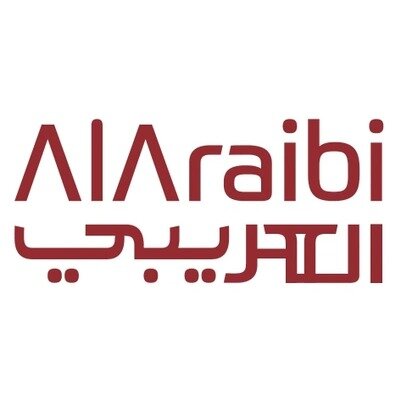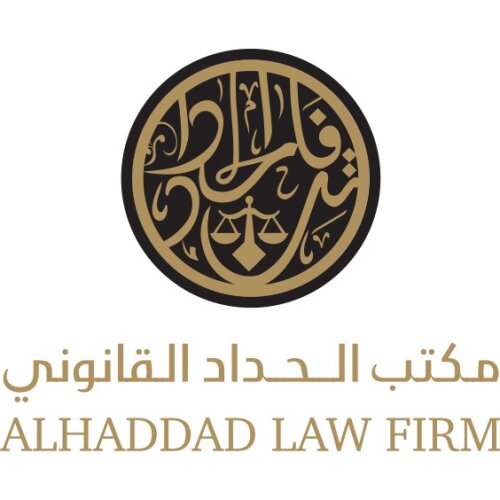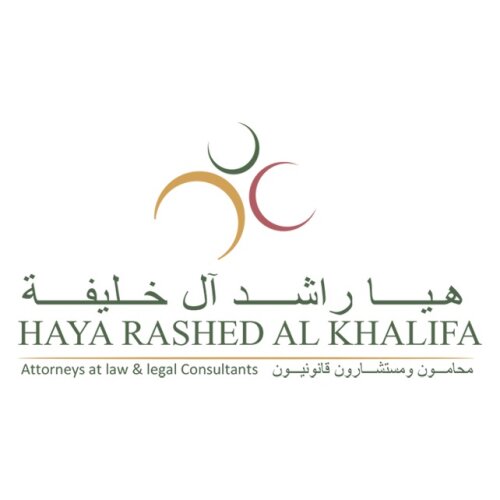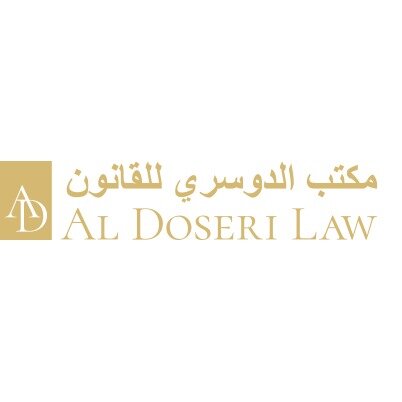Best ADR Mediation & Arbitration Lawyers in Bahrain
Share your needs with us, get contacted by law firms.
Free. Takes 2 min.
Or refine your search by selecting a city:
List of the best lawyers in Bahrain
About ADR Mediation & Arbitration Law in Bahrain
Alternative Dispute Resolution (ADR) in Bahrain, which includes both mediation and arbitration, offers a more flexible, efficient, and private means of resolving disputes compared to traditional court litigation. As part of Bahrain's ongoing efforts to improve the ease of doing business, the Kingdom has invested significantly in developing its ADR infrastructure. This involves local and international arbitration institutions that help manage disputes in commercial, civil, and occasionally, family matters. The Bahrain Chamber for Dispute Resolution (BCDR) is a key institution in this field, offering tailored solutions to complex disputes. Bahrain's ADR framework is aligned with international standards, including the United Nations Commission on International Trade Law (UNCITRAL) Model Law on International Commercial Arbitration.
Why You May Need a Lawyer
Engaging a lawyer specializing in ADR mediation and arbitration may be crucial in several scenarios:
- You are involved in a commercial dispute where arbitration is the agreed method of resolution.
- There is a need to draft or review arbitration clauses in commercial contracts to ensure enforceability and fairness.
- You are facing a complex mediation process that could benefit from legal counsel to protect your interests.
- The case involves cross-jurisdictional elements that require specialized understanding of international ADR practices.
- You need to enforce or challenge an arbitration award.
- When seeking strategic advice on the best form of dispute resolution suitable to your needs.
Local Laws Overview
Bahrain has a robust legal framework governing ADR processes. Central to this is the Bahrain Chamber for Dispute Resolution (BCDR), which operates under a statutory framework incorporating elements of both civil and common law traditions:
- Legislative Decree No. 30 of 2009: Establishes the BCDR and outlines its jurisdiction and processes. It deals with resolving civil and commercial disputes.
- Arbitration Law No. 9 of 2015: Based on the UNCITRAL Model Law, it governs the arbitration proceedings and ensures they meet international standards.
- Enforcement of Foreign Judgments: Bahrain is a signatory to the New York Convention, which facilitates the recognition and enforcement of foreign arbitral awards.
- Mediation Practices: Although less formalized than arbitration, mediation is encouraged as a first step in dispute resolution, with developments underway to formalize this further.
Frequently Asked Questions
1. What is the main difference between mediation and arbitration?
Mediation is a non-binding process where a neutral third party helps the disputing parties reach a mutually agreeable solution. Arbitration is a binding process where an arbitrator makes a decision which can be enforced as a court judgment.
2. How long does arbitration usually take in Bahrain?
The duration of arbitration in Bahrain can vary, but typically takes between 6 to 12 months, depending on the complexity of the case and the cooperation of the parties involved.
3. Can arbitration decisions be appealed in Bahrain?
You cannot typically appeal an arbitration award; however, you can challenge it on specific grounds such as procedural issues, fraud, or lack of jurisdiction under the Arbitration Law.
4. Is ADR mandatory for all disputes in Bahrain?
ADR is not mandatory for all disputes; it is most commonly used in commercial sectors and where parties have agreed contractually to use ADR as a dispute resolution mechanism.
5. What types of disputes are suitable for mediation in Bahrain?
Mediation is suitable for a wide range of disputes, including commercial, family, employment, and small claim matters, where parties are willing to negotiate in good faith.
6. Who bears the cost of arbitration in Bahrain?
The costs are typically shared by the parties, although the arbitration agreement or tribunal may specify how these costs are to be allocated.
7. How does one initiate an arbitration process in Bahrain?
To initiate arbitration, parties must typically submit a written demand or notice to the arbitration center, along with any initial fees as stipulated in the arbitration agreement.
8. Can mediation be used alongside arbitration?
Yes, mediation can be used at any stage before arbitration is initiated, or even during, to attempt a settlement, leveraging both processes' strengths.
9. Are ADR processes confidential in Bahrain?
Yes, ADR processes in Bahrain are private, and confidentiality is a key feature of both mediation and arbitration, protecting the interests of the participating parties.
10. What qualifications do arbitrators have in Bahrain?
Arbitrators are often experienced legal professionals or experts in a specific field, registered with local or international arbitration bodies, ensuring they have the requisite skills for handling complex disputes.
Additional Resources
If you need further assistance or wish to delve deeper into ADR in Bahrain, consider the following resources:
- Bahrain Chamber for Dispute Resolution (BCDR): Provides detailed guidance and support for arbitration and mediation processes.
- Ministry of Justice, Islamic Affairs & Waqf: Offers information about legal standards and ADR-related legislation.
- Bahrain Bar Society: Can connect you with experienced lawyers specializing in ADR.
- UNCITRAL Resources: For understanding international arbitration standards that Bahrain adheres to.
Next Steps
If you require legal assistance in ADR mediation and arbitration in Bahrain, consider taking the following steps:
- Contact a lawyer specializing in ADR to discuss your specific needs and circumstances.
- Gather any contracts, agreements, and relevant documents that might impact your ADR process.
- Consult with the Bahrain Chamber for Dispute Resolution for guidance on initiating processes.
- Understand the costs involved, including legal fees and potential expenses related to ADR processes.
- Stay informed about your rights and obligations under Bahraini law and any international commitments relevant to your situation.
Your path to resolving a dispute can be smoother with appropriate legal guidance, ensuring your rights and interests are well protected throughout the ADR process.
Lawzana helps you find the best lawyers and law firms in Bahrain through a curated and pre-screened list of qualified legal professionals. Our platform offers rankings and detailed profiles of attorneys and law firms, allowing you to compare based on practice areas, including ADR Mediation & Arbitration , experience, and client feedback.
Each profile includes a description of the firm's areas of practice, client reviews, team members and partners, year of establishment, spoken languages, office locations, contact information, social media presence, and any published articles or resources. Most firms on our platform speak English and are experienced in both local and international legal matters.
Get a quote from top-rated law firms in Bahrain — quickly, securely, and without unnecessary hassle.
Disclaimer:
The information provided on this page is for general informational purposes only and does not constitute legal advice. While we strive to ensure the accuracy and relevance of the content, legal information may change over time, and interpretations of the law can vary. You should always consult with a qualified legal professional for advice specific to your situation.
We disclaim all liability for actions taken or not taken based on the content of this page. If you believe any information is incorrect or outdated, please contact us, and we will review and update it where appropriate.
Browse adr mediation & arbitration law firms by city in Bahrain
Refine your search by selecting a city.



